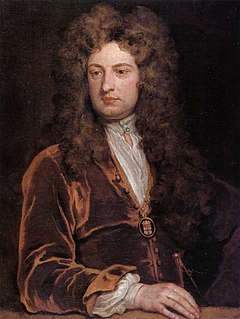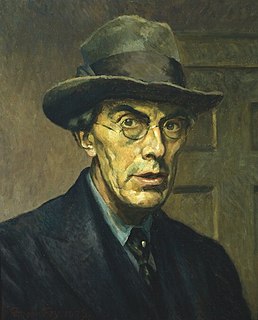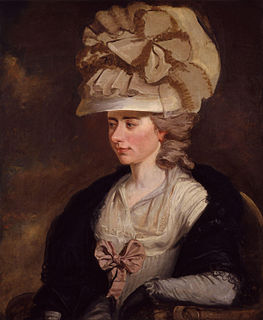A Quote by Mark Twain
Intellectual ''work'' is misnamed; it is a pleasure, a dissipation, and is its own highest reward.
Quote Topics
Related Quotes
None the less, perhaps, the highest pleasure in art is identical with the highest pleasure inscientific theory. The emotion which accompanies the clear recognition of unity in a complex seems to be so similar in art and in science that it is difficult not to suppose that they are psychologically the same. It is, as it were, the final stage of both processes.




































